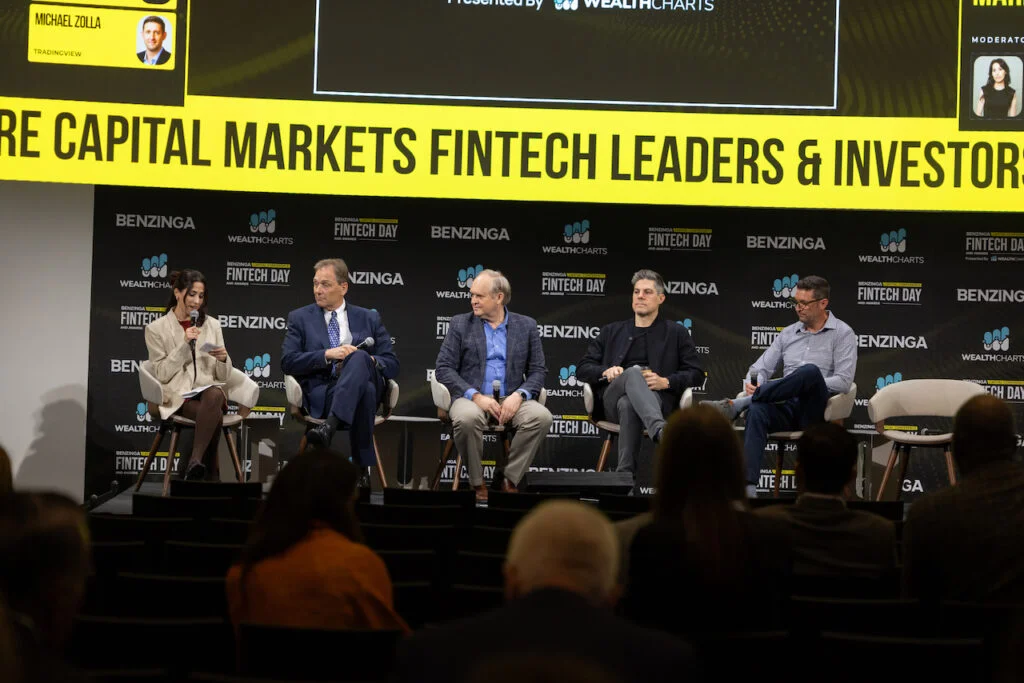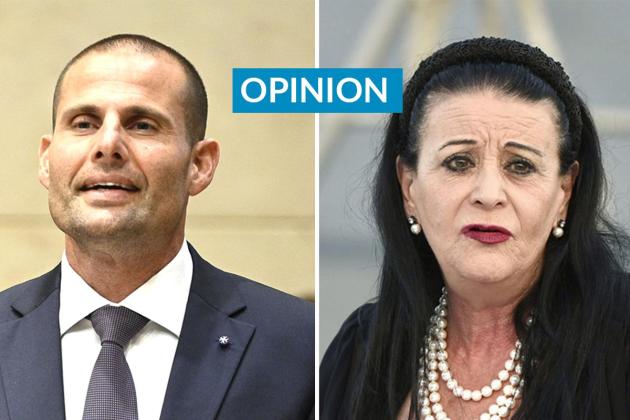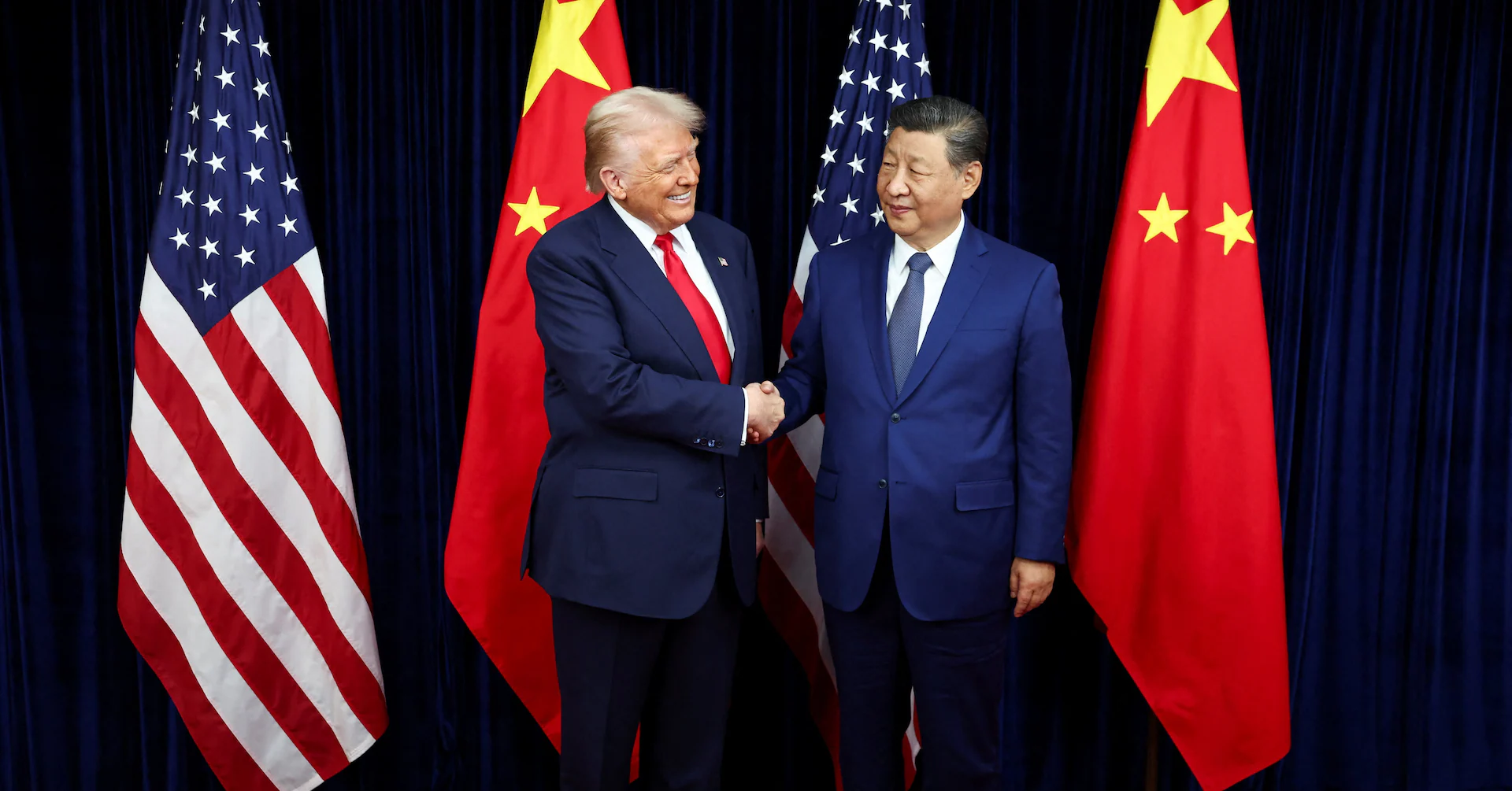Copyright Benzinga

One of the hottest topics in the world of finance for 2025 is prediction markets. That topic took center stage at the Benzinga Fintech Day & Awards 2025 in New York City on Monday with a panel of experts sharing their thoughts on the past history of prediction markets and looking ahead to what's next. Growth of Prediction Markets In a panel titled "Prediction Markets: The Everything Market," industry experts shared their personal history with prediction markets. Smarkets founder Jason Trost shared that prediction markets represent binary options around a real-world event such as sports or politics with a buyer and seller side to trades in many cases. Smarkets is one of the largest prediction markets in Europe with plans to come to the United States as well. "We're in the middle of a hype cycle," Trost said. Geoge Mason professor Robin Hanson is one of the earliest voices in the prediction markets sector. "It was 36 years ago that I first started writing about prediction markets; we didn't use that name back then," Hanson told the audience. Hanson said there were long stretches of nothing happening in the sector and then some bursts of activity, like the current one. "It gives me hope. My big question is how far are we going to go." Use Cases for Prediction Markets Hanson shared at the Benzinga event that one of his early goals for prediction markets was to help make decisions. "If you can get people to trade, you can make decisions," Hanson said. Hanson said the dream would be to have a lot more consensus data from prediction markets. Michael Zolla from TradingView said prediction markets can help provide data. "There's a social intelligence behind this phenomenon that's forming," Zolla said. Zolla said there is knowledge from this new social engine. "There's a great potential to aggregate, to become an aggregator. There's a correlation between engagement and socialization." Zolla said for TradingView, the "data comes first." Trost said prediction markets can be a way to track items such as elections and shutdowns in real time. "You should use it as a tool to augment the news," Trost said. The Smarkets founder said he would like to see prediction markets disrupt sports betting, adding that you're probably paying 10% to sports betting companies on bets. Read Also: Robinhood Q3 Highlights: Double Beat, Record Revenue, Prediction Markets Soar Regulatory Issues, Silly Bets When it comes to the regulation of prediction markets, Trost said that the U.K. is the best in the world at sports betting, with tight partnerships around betting providers and the leagues. "Betting has been around for thousands of years," Trost said. The Smarkets founder said the U.S. could look to Europe for lessons in regulation. Trost said one of the things not getting talked about enough for regulation and prediction markets is the fact that some markets are what he calls "distasteful," sharing an example of how long a presidential handshake will be. "People are putting up the wrong kind of markets." Panel moderator Katie Perry had the panel discuss a recent earnings call from Coinbase Global (NASDAQ:COIN) that saw its CEO Brian Armstrong saying all the keywords that were being bet on prediction markets at the end of the call. ForecastEX CEO Rob Prior said this is "both the best and worst example" of a prediction market contract, calling it an "accident waiting to happen." "Gonna keep compliance people busy for a while," Prior said. Hanson offered a counterargument that some people want to have fun with prediction markets and that some earnings conference calls could be manipulated could be part of the fun. "There's an appetite for fun," Hanson said. The professor said regulators are going to have to make a choice on how to label the different markets and companies and the difference between fun and harder to manipulate markets. Read Next: EXCLUSIVE: Private Markets For Retail Investors—More Than ‘Just OpenAI And SpaceX’ Photo: Corynn Egreczky for Benzinga



